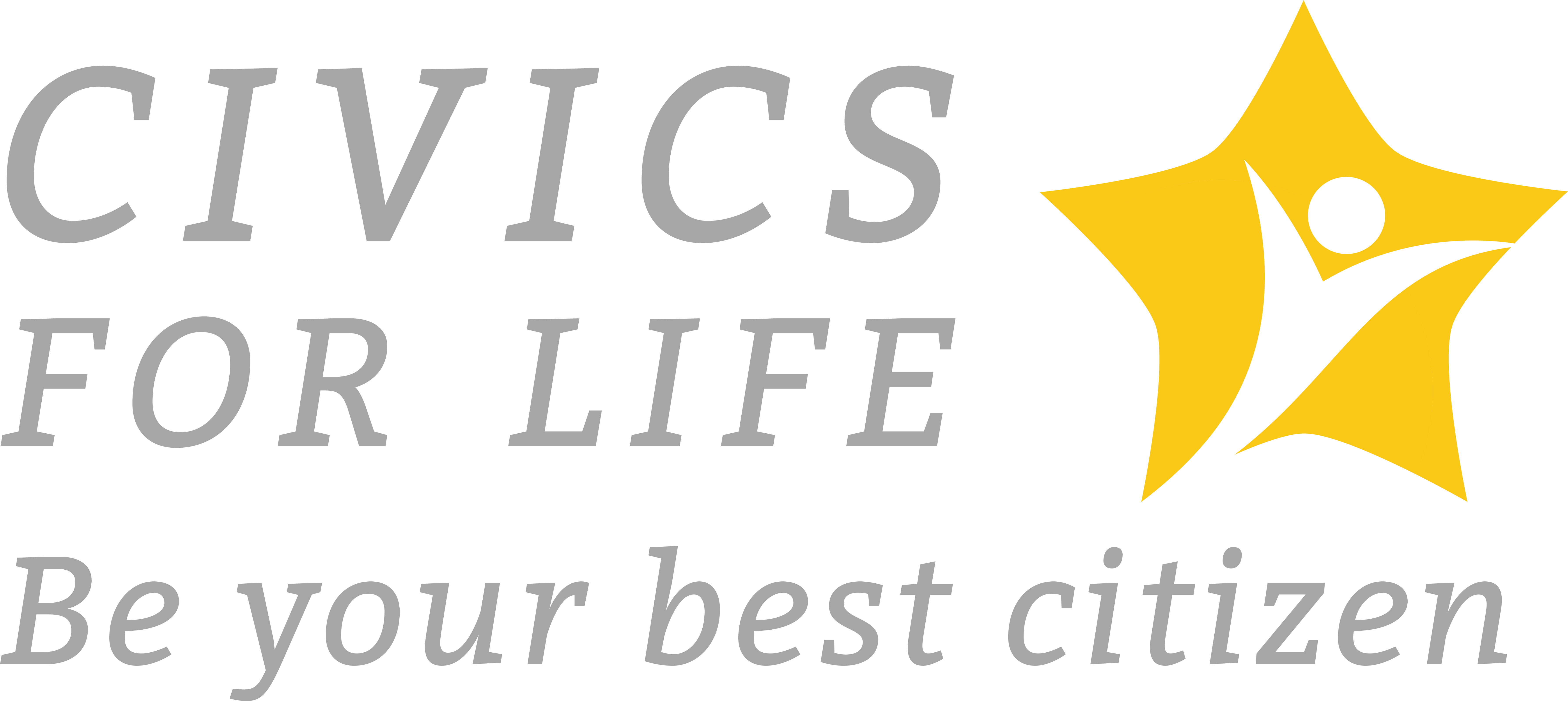What is Civil Discourse?
Civil discourse is not simply polite conversation, though courtesy and respect are crucial to it. Civil discourse goes beyond politeness. It is conversation with purpose—that is, constructive dialogue. Though they may disagree, participants in civil discourse are committed to hearing each other’s fact-based opinions and dispassionately evaluating those opinions against their own. Participants enter into civil discourse with a shared goal: to leave it with greater clarity or even, potentially, having achieved some new agreement.
Engaging in effective civil discourse is not easy. Participants must employ many skills, such as:
- Critical thinking skills
- Oral communication (both speaking and listening) skills
- A fluency with and understanding of the details of one’s own perspective (and their limitations)
- The ability to tolerate and evaluate opinions that differ from one’s own
Of course, these skills are important in many intellectual pursuits (e.g, interpreting a book, judging a work of art) and in many facets of life (e.g., on the job, in interactions with friends and romantic partners).
Disagreement, even strong disagreement, is not disallowed by civil discourse. Far from it. Rather, such disagreement is best explored in the rules-governed setting that civil discourse establishes.
Civil discourse is:
- Fact-based
- Non-ideological
- Productive
- Respectful
Why is civil discourse important?
A representative democracy presupposes that its members will be able to discuss challenging issues with the goal of resolving them. This is especially true in a country such as the United States, where citizenship is based not on ethnicity or religion, say, but on adherence to a set of ideas and principles and also—sometimes paradoxically—a commitment to the spirit of compromise.
Compromise is necessary: a democratic nation cannot exist without it. The United States’ founding document, the Constitution, is itself a tangle of compromises—an imperfect agreement that is now the world’s longest surviving written charter of government. Indeed, the Great Compromise (also known as the Connecticut Compromise) at the Constitutional Convention—which resulted in states having proportional representation in the House of Representatives and equal representation in the Senate—was instrumental in defining America’s legislative structure. But agreement was reached only after six weeks of tumultuous negotiations and, yes, significant compromises from all sides.
To truly understand a topic, one must examine multiple points of view on it. Solely by inviting challenges to a certain opinion and evaluating competing perspectives does one begin to approach real knowledge. That is why sloganeering has no place in civil discourse. Civil discourse celebrates complexity.
How does civil discourse work?
- Start with the facts; your interpretations should be based on fact.
- Use a moderate and respectful tone of voice.
- State your views clearly, concisely, and without aggression. If you are interrupted, kindly ask to be allowed to finish conveying your thoughts.
- When you have finished speaking, you can ask your conversational partner(s) for their reaction; this indicates that you are interested in their views and engaged in a dialogue.
- When your conversational partner speaks, stay quiet and listen openly, actively, and attentively. Do not interrupt; display openness through your facial expressions and body language, and truly consider the points your partner is making. Do not simply use this time to plan out the next point you want to make.
- When your turn to speak comes again, react to your partner’s points with good faith, being sure to give credit where you think it’s due; avoid merely repeating the position you stated earlier.
Civil discourse is an active pursuit: participants should be actively respectful, open, friendly, and generous. Good faith is communicated not only through words but also facial expressions and body language. Disagreement is a natural and healthy part of conversation; you can and should disagree without being disagreeable.

